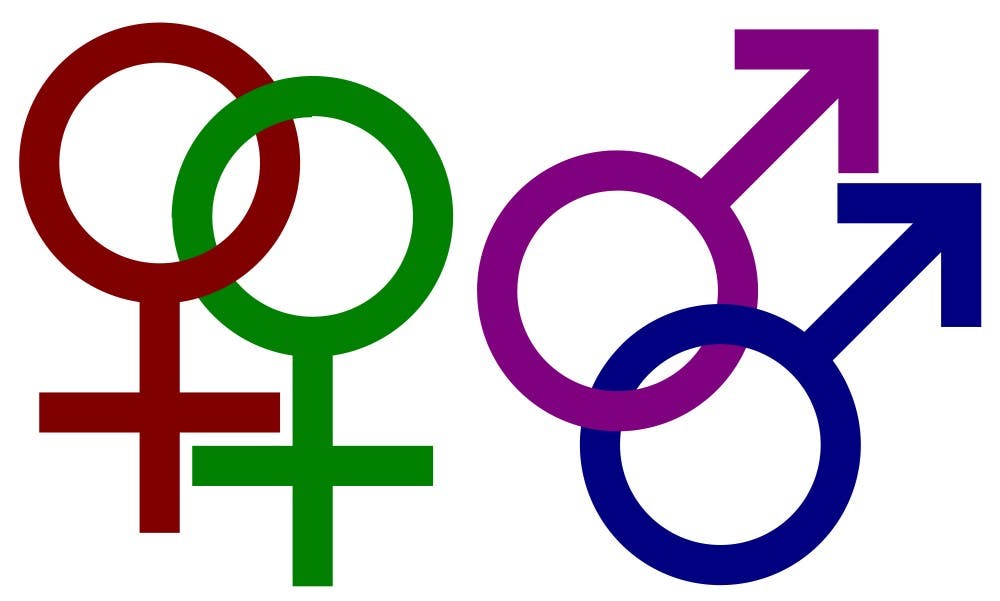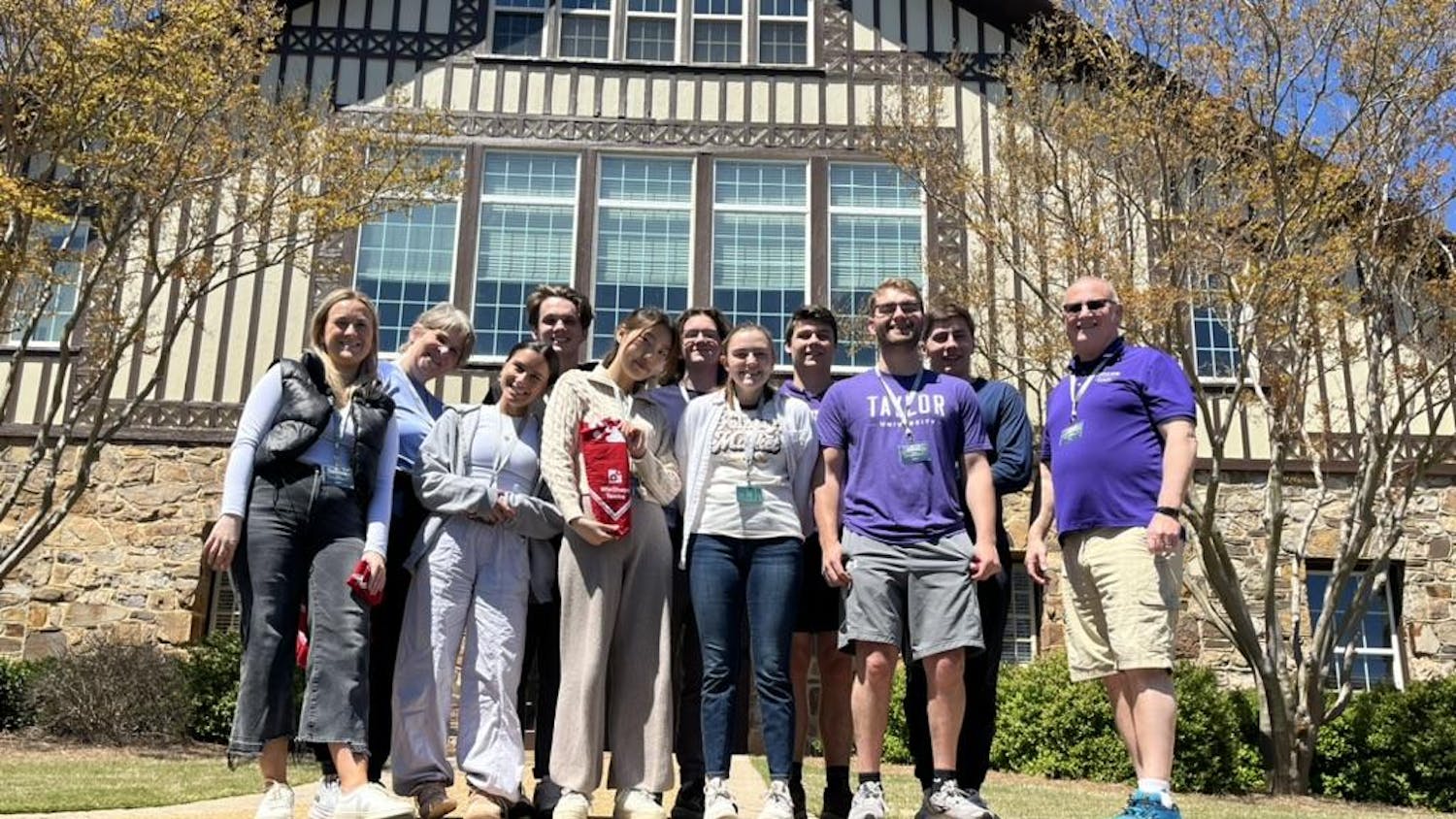By Edward P. Meadors | Faculty Contributor
Taylor is a Christian liberal arts institution committed to self-examining critical thinking. Therefore our faculty and student body share an educational commitment to looking at issues from all perspectives without dogmatism. In accord with Taylor's educational philosophy, I invite readers to think about a vital consequence of the gay marriage verdict issued by the Supreme Court on June 26. I welcome feedback as we consider corporately what it means to be Christians in the contemporary age.
Throughout history, every human being has been born to heterosexual birth parents. Hence, I find it self-evident that children should be granted the human right of being adopted by parents whose sexual orientations correspond to those of all natural birth parents at the time of conception. The optimal parental relationship for all children is one comprised of a woman and a man-God's design for populating and stewarding the earth. In this relationship, a child may grow up to understand God's universal instruction to "honor your father and your mother" (Exodus 20:12). It is noteworthy that no other marital relationship is envisioned in Scripture or Christian history.
I do not see how we can in good conscience and in true love affirm that it's in any child's psychological best interest to grow up with two dads or two moms-or the impersonal social categories "parent 1" and "parent 2." Children will be deprived of either a male or female parental role model, and all will be deprived of heterosexual parental role models-a major disadvantage considering the fact that over 95% of human beings are heterosexual. I am equally concerned about the extension of adoption rights to bisexuals and the transgendered. Because the Supreme Court's verdict sets a decisive legal precedent, these groups are sure to be entitled the privilege to adopt. For children in such arrangements, the psychological challenges will be complex. How can they understand their parents when nature, history and world religions offer no precedents?
Our standard should always be high, especially when children are at risk. God's holiness is the benchmark for Christian ethics (Matthew 5:21-48; 1 Peter 1:16). Divinely ordained marriage, God's design, aspires to "holy matrimony," wherein a man and a woman become one flesh in an atoning relationship of Christ-like love, not for the spouses' interests only but also for the welfare of their children and society as a whole, whose composition begins with the family. That all of us fall short necessitates the cross, confession, repentance and reconciliation, but not compromise, false religion or unholy grace.
For Christians, these ethical questions are fundamental. True Christian social work and biblically authentic religion looks after the welfare of the widow and the orphan (James 1:27). Biblical admonitions are explicit: "You shall not pervert the justice due a foreigner or an orphan" (Deuteronomy 24:17) and "It would be better for them to be thrown into the sea with a millstone tied around their neck than to cause one of these little ones to stumble" (Luke 17:2).
The biblical admonitions against homosexual behavior in Leviticus 18 and Romans 1 remain relevant. Revisionists who argue otherwise disguise humankind's idolatrous inclination to conform God to our agenda. It is concerning that this contrived deity, in prioritizing the instant satisfaction of human appetites, has disregarded the Holy Spirit's gift of self-control (Galatians 5:23) out of a preference for the secular orthodoxy of narcissistic postmodernism.
This unbiblical re-invention is a false image whose ways are man's ways, not God's. See Dartmouth- and Princeton-educated theologian Robert Gagnon's "The Bible and Homosexual Practice: Text and Hermeneutics" and Duke New Testament (NT) professor Richard Hays' "The Moral Vision of the New Testament." Hays clarifies that in the NT, "Marriage between man and woman is the normative form for human sexual fulfillment, and homosexuality is one among many tragic signs that we are a broken people, alienated from God's loving purpose."
In light of all this, Scripture is indeed a sharp two-edged sword. "Know that the Lord himself is God. It is He who has made us and not we ourselves" (Psalm 100:3). We are called to be holy as God is holy (1 Peter 1:16), sensitively speaking the truth in love (Ephesians 4:15), worshiping God through liberating obedience. This is arguably the defining ethical issue of our day, and as such, it is our responsibility to think through it honestly as educational stewards of the next generation.





